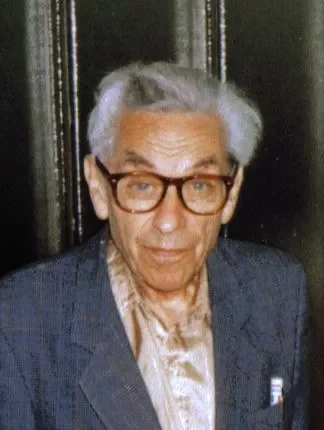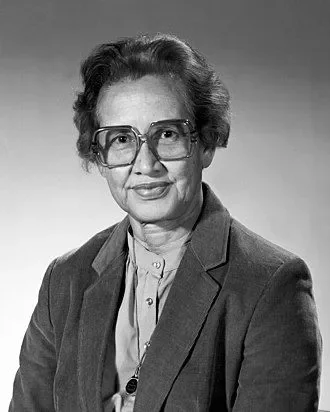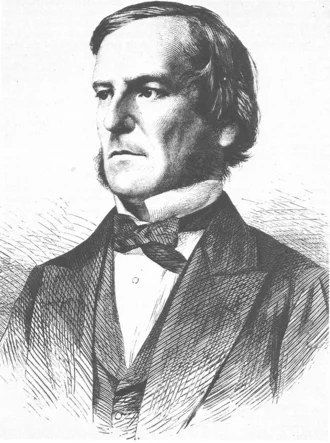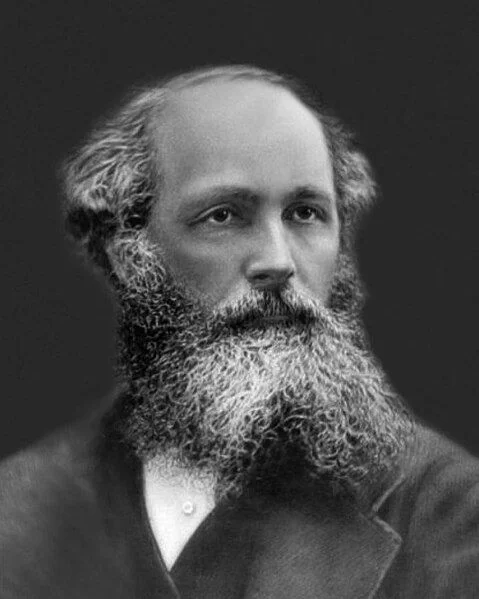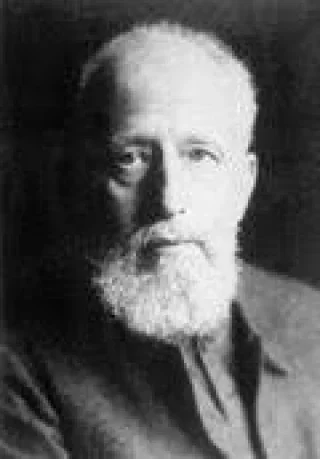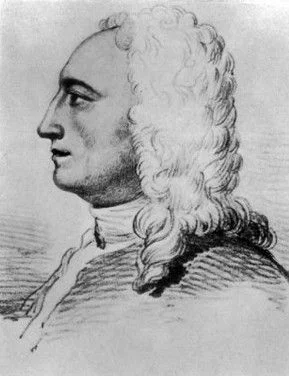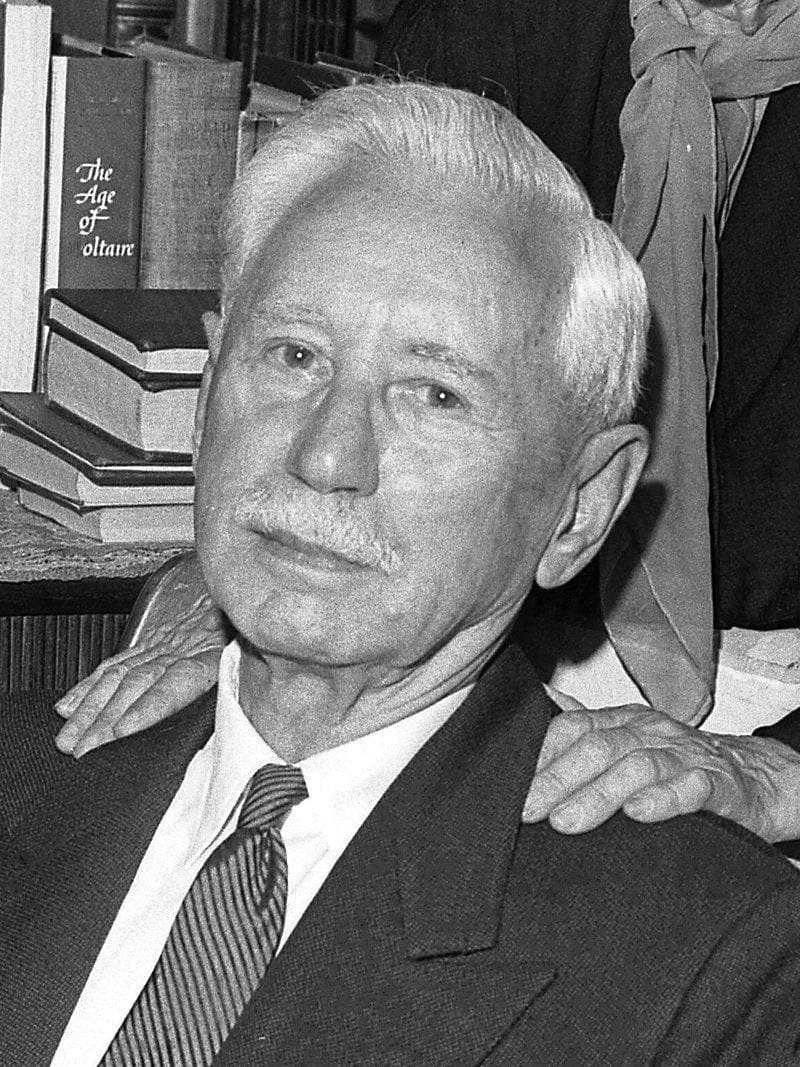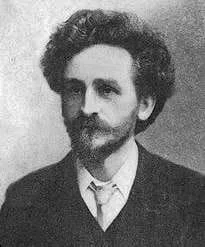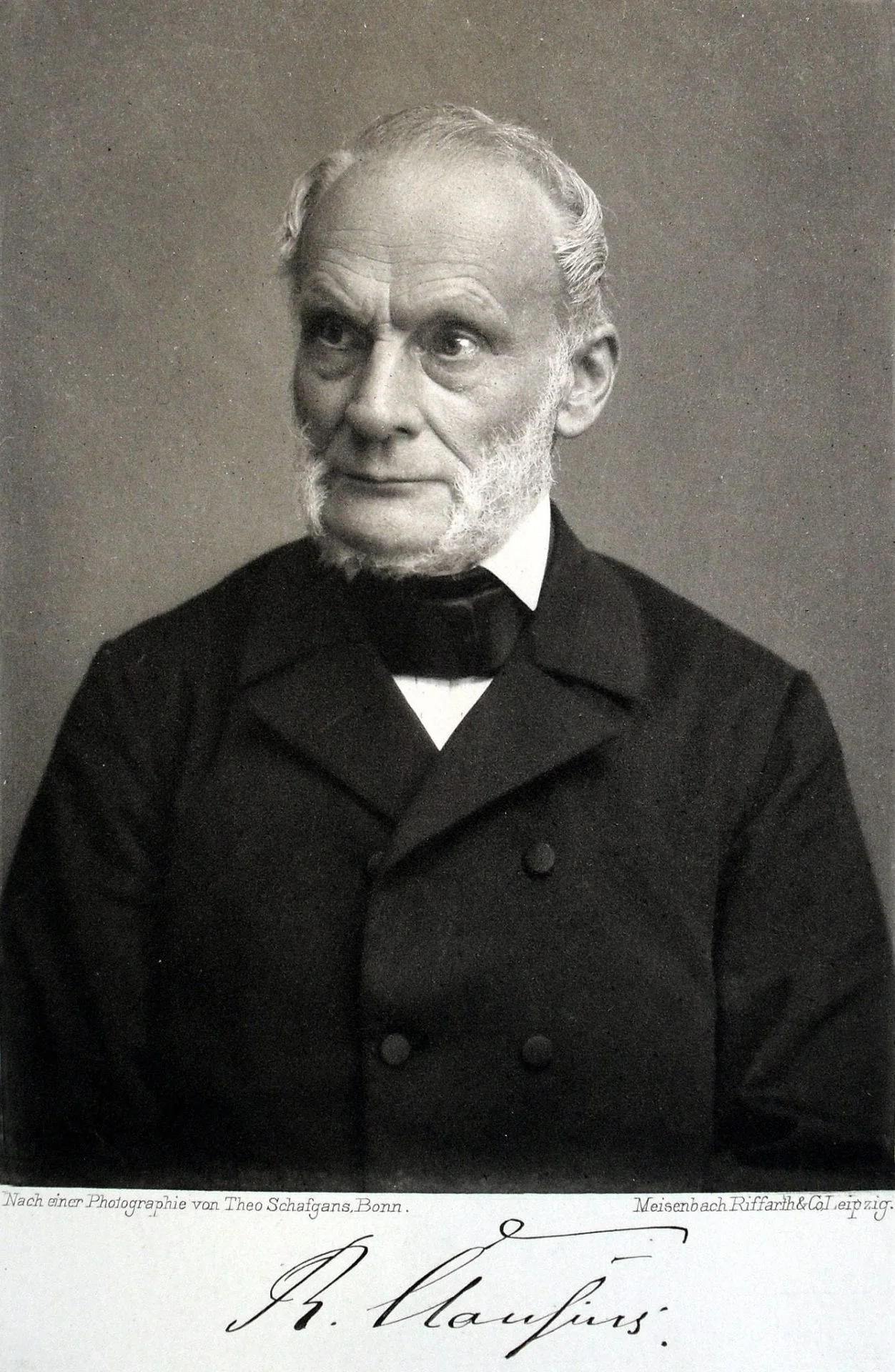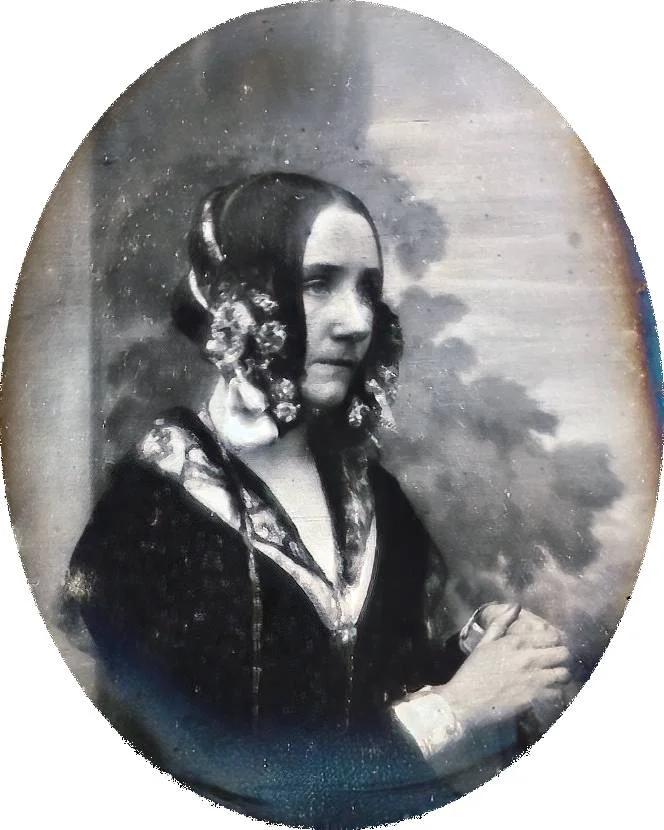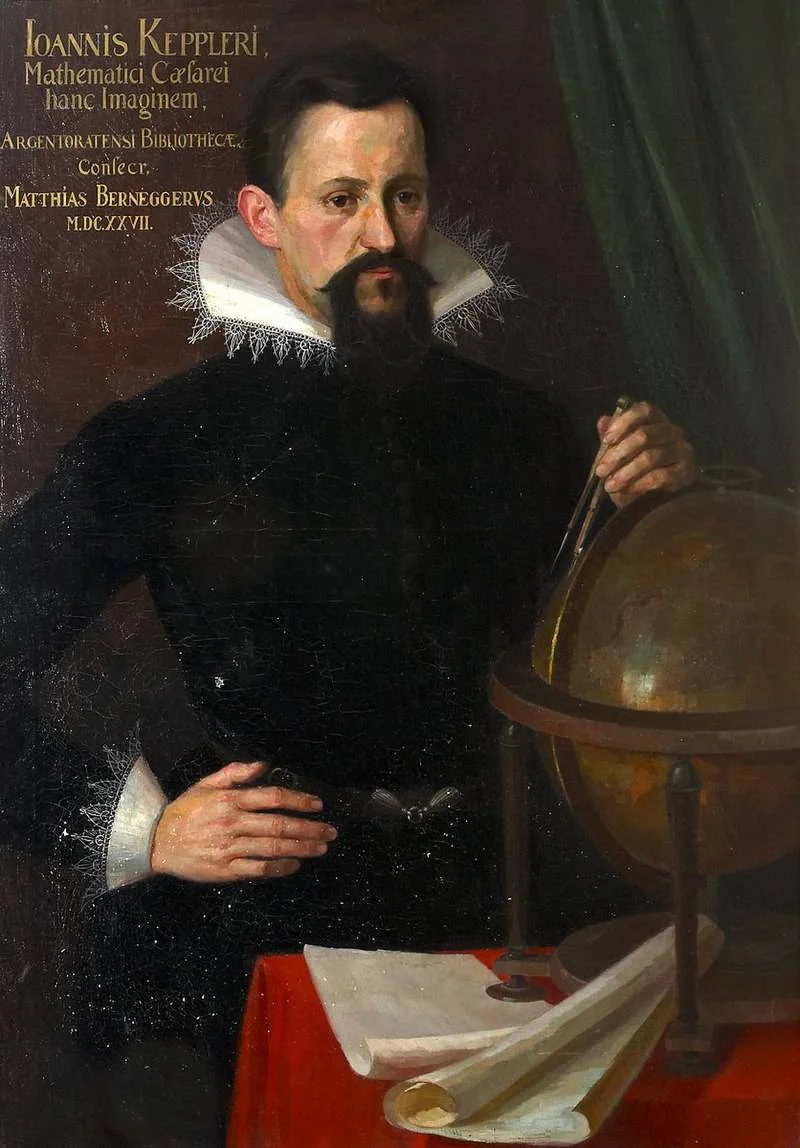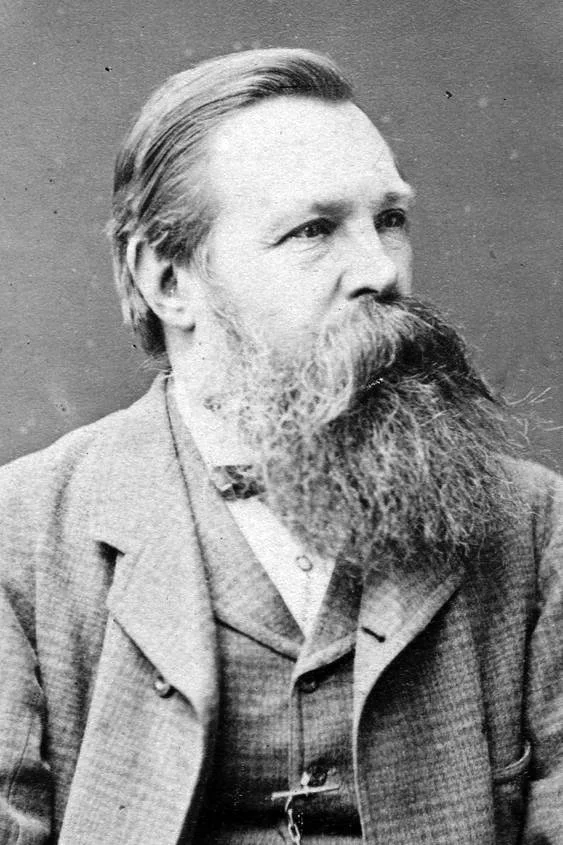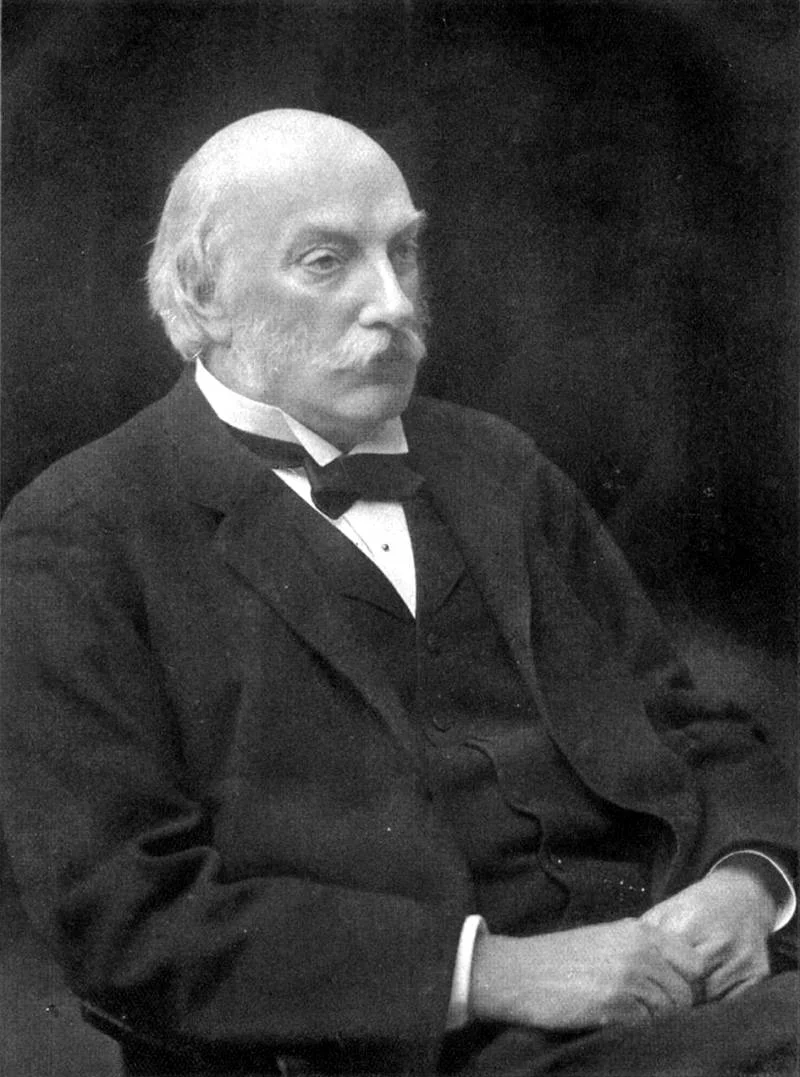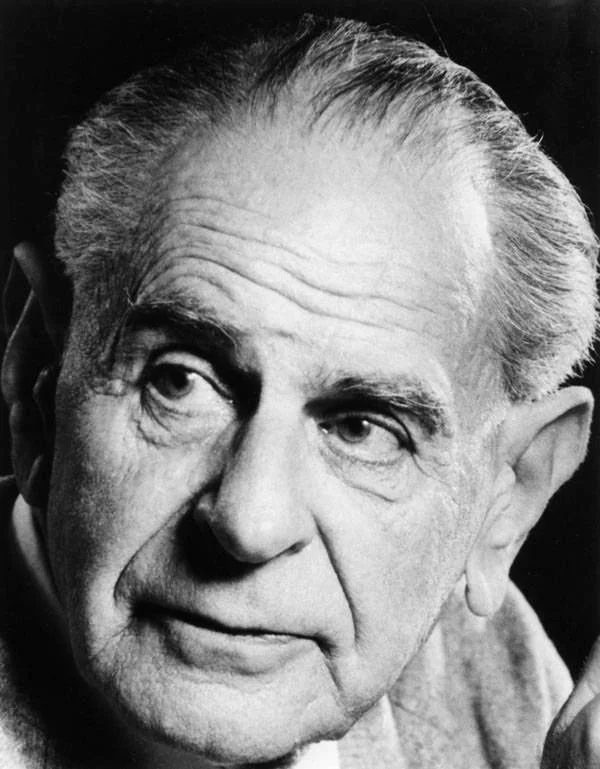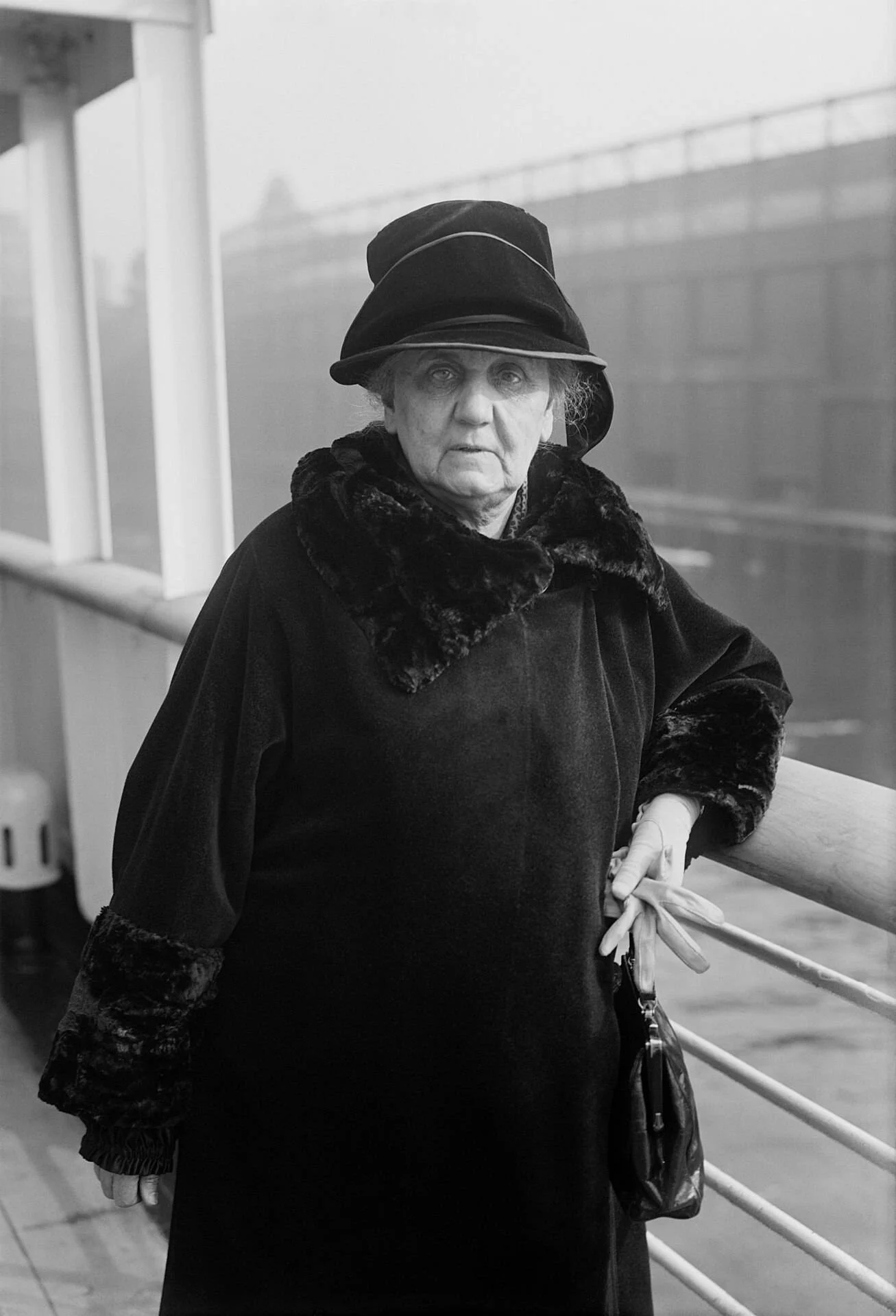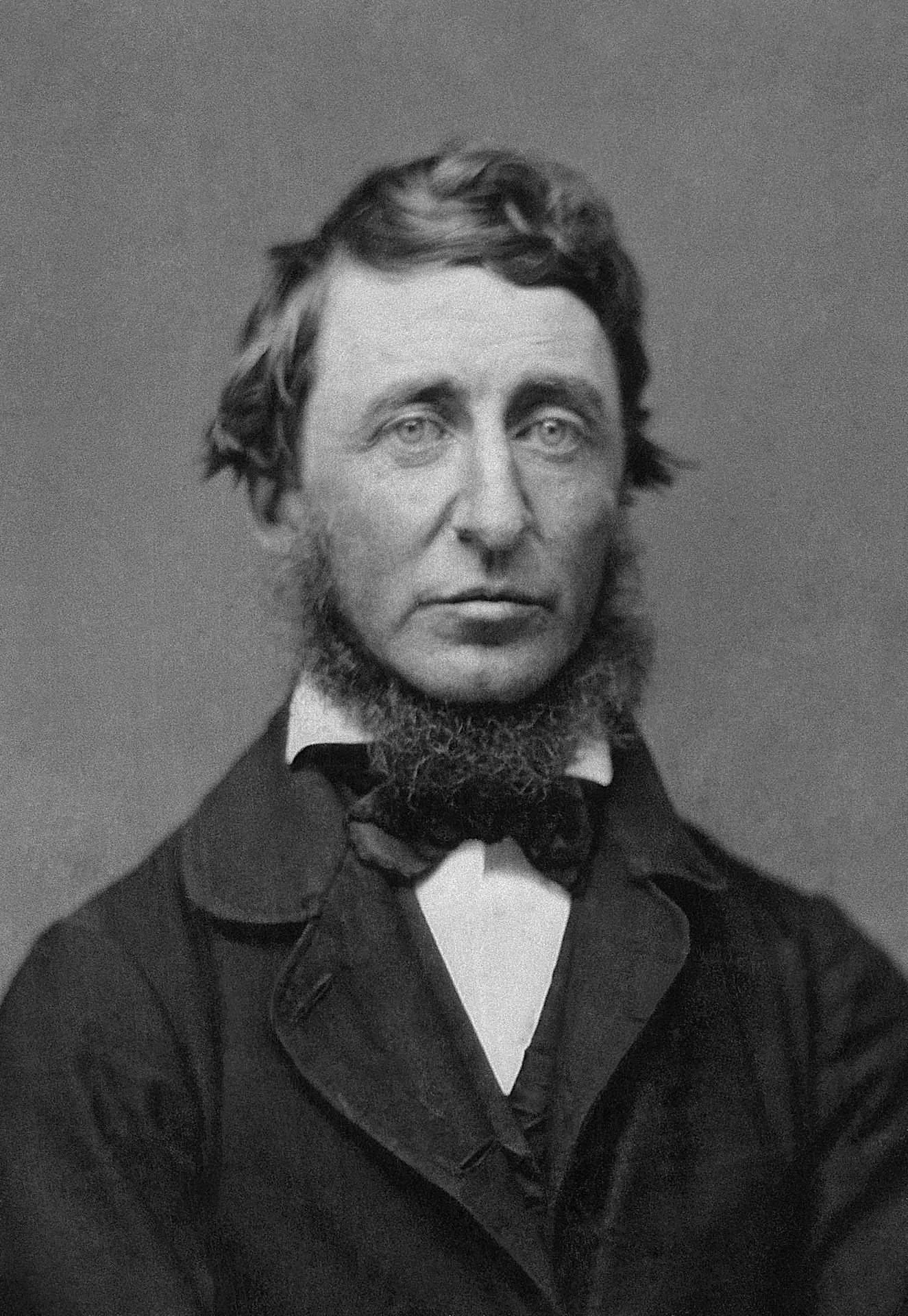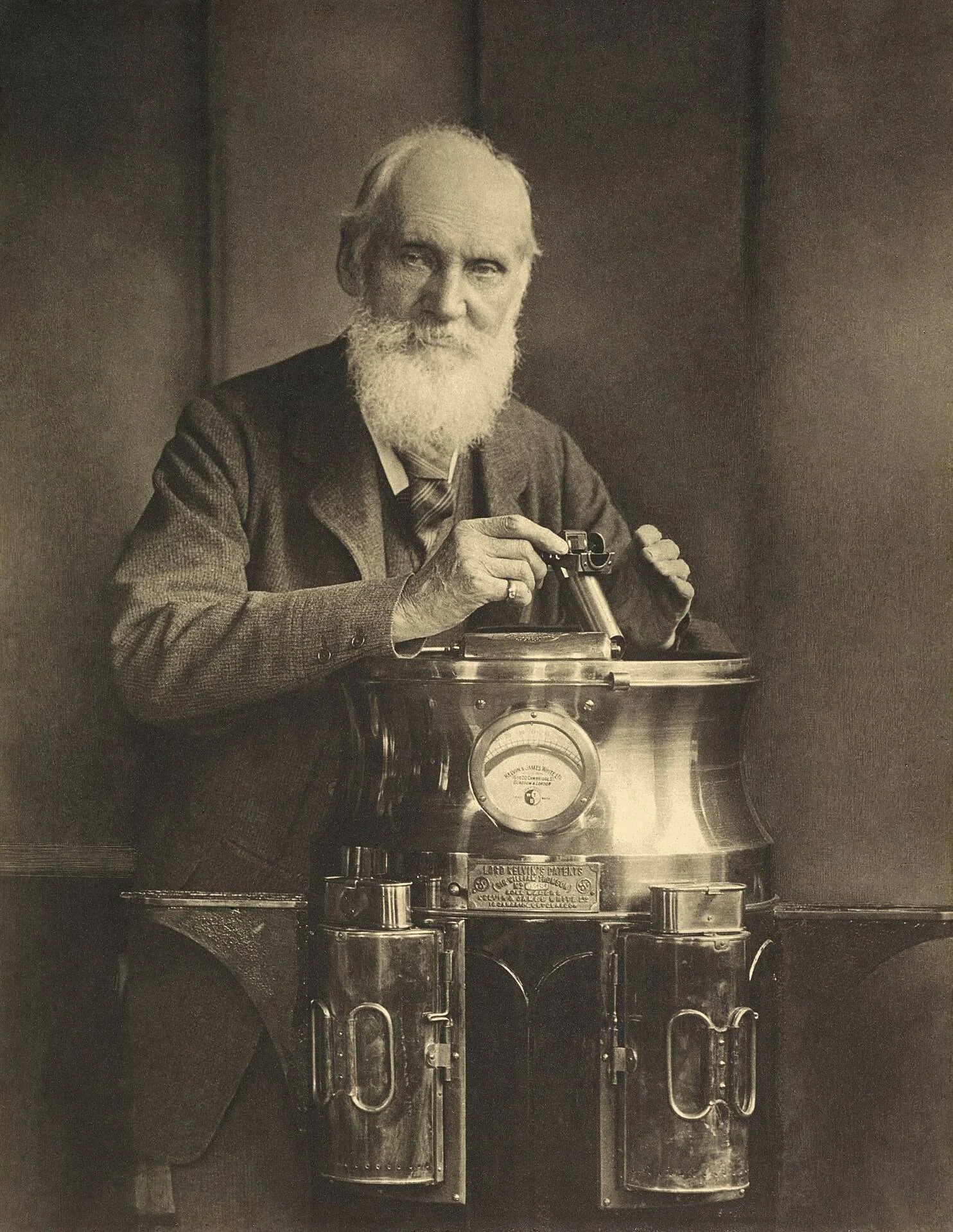Real Celebrities Never Die!
OR
Search For Past Celebrities Whose Birthday You Share
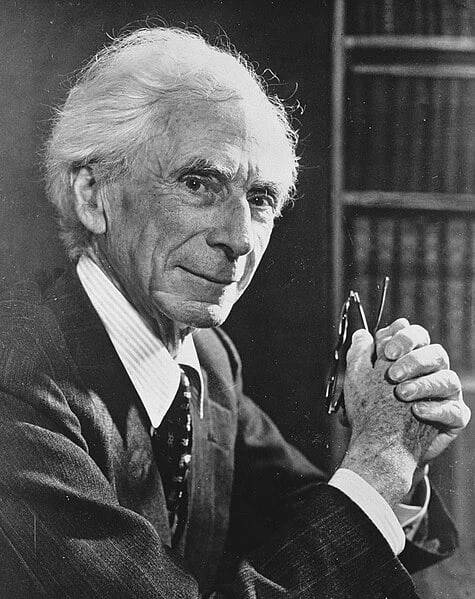
source:wikipedia.org/
Bertrand Russell
Birthday:
18 May, 1872
Date of Death:
02 Feb, 1970
Cause of death:
Influenza
Nationality:
British
Famous As:
Mathematician
Age at the time of death:
97
Bertrand Russell's Quote's
Early Life and Influences
Bertrand Russell, born May 18, 1872, in Trelleck, Wales, wasn’t your average philosopher. He was a polymath, pacifist, social reformer, and sharp-witted thinker. His life left a lasting impact on the 20th century, shaping our understanding of logic, mathematics, and reality.
Born into British aristocracy, Russell’s childhood was a stark contrast to the life of a typical philosopher. He lost both parents at a young age and was raised by his strict grandmother, who instilled in him a love for learning but also a sense of isolation. This isolation, coupled with the loss of his parents, fueled a lifelong quest for meaning and understanding.
Philosophical and Intellectual Development
Despite his privileged upbringing, Bertrand Russell rebelled against Victorian norms. He embraced freethinking and socialist ideals, which would later shape his philosophical and political views. Russell’s intellectual journey began at Trinity College, Cambridge, where he studied mathematics and philosophy. He rapidly became a prominent figure in analytic philosophy, co-authoring the groundbreaking *Principia Mathematica* with Alfred North Whitehead.
Social and Political Advocacy
Russell had a range of interests that went beyond academia. He wrote extensively on social and political issues, advocating for pacifism, women’s rights, and educational reform. His sharp wit and engaging writing style made him a popular public intellectual. His lectures and essays captivated audiences around the world.
Challenges and Controversies
Throughout his life, Russell tirelessly pursued truth, even when it meant challenging the status quo. He faced imprisonment for his pacifist activism in World War I, and his controversial views on marriage and morality stirred up trouble. However, he persisted, utilizing his platform to advocate for his convictions, even in the face of public criticism.
Legacy and Influence
Bertrand Russell passed away on February 2, 1970, leaving behind a legacy that continues to inspire and challenge us today. His contributions to logic, mathematics, and philosophy are foundational to our understanding of the world. In the face of modern challenges, his activism and social commentary are still pertinent.
Name:
Bertrand Russell
Popular Name:
Bertrand Russell
Gender:
Male
Cause of Death:
Influenza
Spouse:
Place of Birth:
Trellech, Monmouthshire, Wales
Place of Death:
Penrhyndeudraeth, Merionethshire, Wales
Occupation / Profession:
Personality Type
Architect Imaginative and strategic thinkers, with a plan for everything. He was highly imaginative and actively engaged in intellectual pursuits.
He was a prolific writer, publishing over 100 books and countless articles.
He was imprisoned for six months in 1918 for his pacifist activities during World War I.
In 1950, he was awarded the Nobel Prize in Literature "in recognition of his varied and significant writings in which he champions humanitarian ideals and freedom of thought."
Russell was married four times and had three children.
De Morgan Medal (1932)
Jerusalem Prize (1963)
Kalinga Prize (1957)
Nobel Prize in Literature (1950)
Sylvester Medal (1934)

